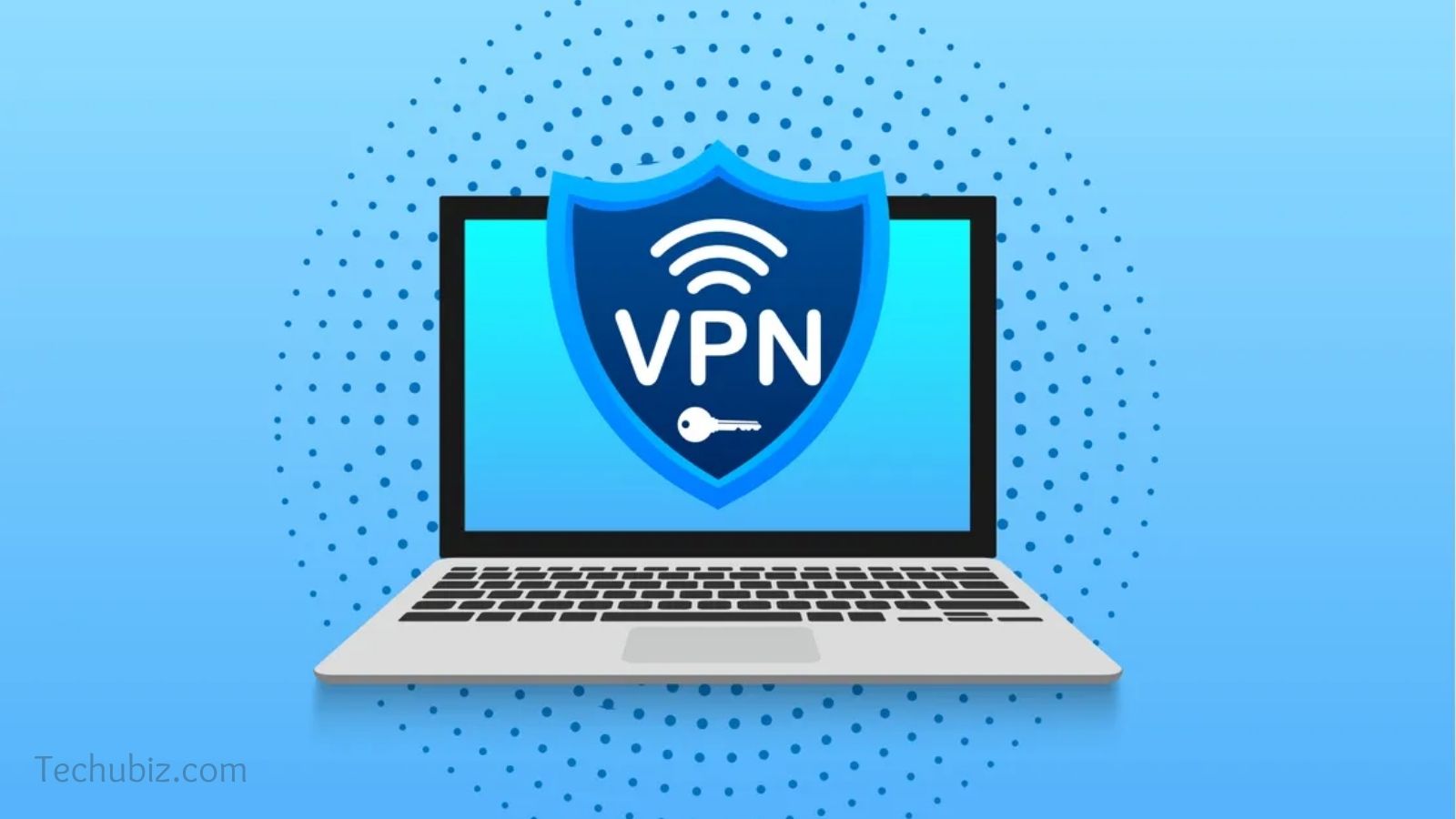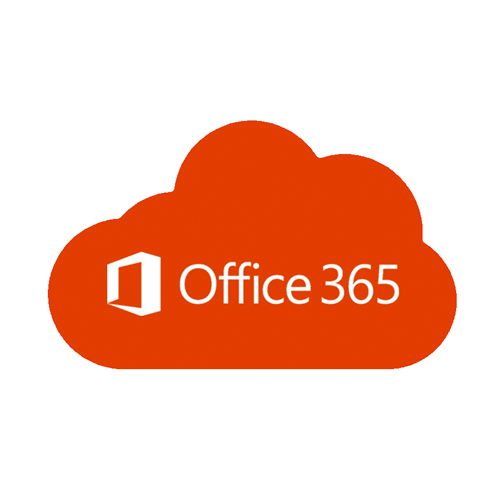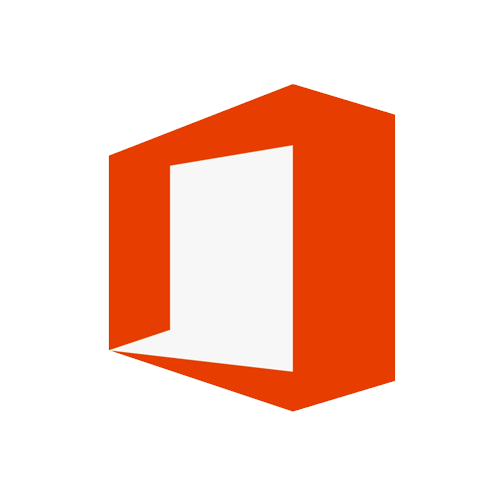What is VPN and What is it Used For?

Virtual Private Network (VPN) creates a private network within a broader network, adding security by using encryption and tunneling mechanisms
Contents
Protect Your Information on Public Wi-Fi
While public Wi-Fi is convenient, it may not always be safe. Sending data over the Web when using Wi-Fi hotspots, like those at coffee shops or airports, could expose your most sensitive information like passwords, photos and credit card numbers to cybercriminals. A secure VPN encrypts the information you send and receive, while masking your IP address and location. So, you can safely and privately use your PC, Mac®, smartphone or tablet on any Internet connection without worry.
Secure VPN gives you the ability to:
- Block unwanted tracking technologies to avoid being tracked by online advertisers and other companies.
- Browse the Web anonymously so your online privacy is protected from being tracked by online advertisers and other companies. Websites will no longer be able to track you online to deliver annoying ads.
- Browse regional content which otherwise is not available to you based on your IP address.
- Hide your location that is based on your IP address.
What is VPN?
A virtual private network gives you online privacy and anonymity by creating a private network from a public Internet connection. With Norton Secure VPN, all of your most sensitive data that you send and receive from your device like passwords and credit card numbers is encrypted and converted into an unreadable, untraceable until it reaches Norton servers.
Secure VPN:
- Creates a private, encrypted data tunnel that helps prevent cybercriminals from hacking into your Wi-Fi connection and intercepting the data you are sending and receiving from your computer or mobile devices.
- Norton Secure VPN is a no-log virtual private network that doesn’t track or store your online activity.
- International VPN Network: Surf the Web you love with a VPN that’s designed to enable you to access the Internet just like you are at home.
What Is Public Wi-Fi?
Public Wi-Fi can be found in popular public places like airports, coffee shops, malls, restaurants and hotels — and it allows you to access the Internet for free. These “hotspots” are widespread and common and people frequently connect to them without thinking twice. Although it may seem harmless to log on and check your social media account or browse some news articles, reading email, checking your bank account, or performing any activity that requires a login can be risky business on public Wi-Fi.
Two Types of Public Wi-Fi
There are basically two kinds of public Wi-Fi networks: secured and unsecured. An unsecured network can be connected to within range and without any type of security feature like a password or login. Conversely, a secured network requires a user to agree to legal terms, register an account, or type in a password before connecting to the network. It may also require a fee or store purchase to gain access to the password or network. Regardless of the connection type, you should always use public Wi-Fi with caution. You should strongly consider using a virtual private network (VPN) solution to ensure your online privacy and anonymity are protected when you use public Wi-Fi.
Why You Need a VPN
Think about all the times you’ve been on the go, reading emails while in line at the coffee shop, or checking your bank account while waiting at the doctor’s office. Unless you were logged into a secure Wi-Fi network that required a password, any data transmitted during your online session could have been vulnerable to eavesdropping by strangers using the same network. The encryption and anonymity that a VPN provides protects your online activities: sending emails, shopping online or paying bills. VPNs also help keep your Web browsing anonymous.
Man-in-the-Middle Attacks
One of the most common threats on these networks is called a Man in the Middle (MitM) attack. Essentially, a MitM attack is a form of eavesdropping. When a computer makes a connection to the Internet, data is sent from point A (computer) to point B (service/website), and vulnerabilities can allow an attacker to get in between these transmissions and “read” them. So what you thought was private no longer is.
Unencrypted Networks
Encryption means that the messages that are sent between your computer and the wireless router are in the form of a “secret code,” so that they cannot be read by anyone who doesn’t have the key to decipher the code.
Snooping and Sniffing
Wi-Fi snooping and sniffing is what it sounds like. Cybercriminals can buy special software kits and even devices to help assist them with eavesdropping on Wi-Fi signals. This technique can allow the attackers to access everything that you are doing online — from viewing whole webpages you have visited (including any information you may have filled out while visiting that web page) to being able to capture your login credentials, and even being able to hijack your accounts.
Malicious Hotspots
These “rogue access points” trick victims into connecting to what they think is a legitimate network because the name sounds reputable. Say you’re staying at an Inn and want to connect to the hotel’s Wi-Fi. You may think you’re selecting the correct one when you click on the name of the Inn, but you haven’t. Instead, you’ve just connected to a rogue hotspot set up by cybercriminals who can now view your sensitive information.
Beyond Security
VPNs essentially create a data tunnel between your local network and an exit node in another location, which could be thousands of miles away, making it seem as if you’re in another place.
How to Choose a VPN
The best way to stay secure online when using public Wi-Fi is to use a VPN solution, like Norton Secure VPN.
Here are some questions to ask when you’re choosing a VPN provider:
- Is this a Free VPN service that has in-app ads? Will they send your personal information to their advertisers as “payment” in exchange for your using their technology to pay for their “free VPN service”? A reputable VPN service has significant technology costs to ensure service levels and provide support for their users. Remember this, companies need to collect payment from someone to support their VPN service. The question is what are they collecting and how.
- Do they respect your online privacy? The point of using a VPN is to protect your online privacy, so it’s crucial that your VPN provider respects your online privacy, too. They should have a no-log policy, which means that they never track or log your online activities.
- Do they run the most current protocol? OpenVPN provides stronger security than other protocols, such as Point-to-Point Tunneling Protocol (PPTP).
- Do they set data limits? Depending on your Internet usage, bandwidth may be a large deciding factor for you. Make sure their services match your needs by checking to see if you’ll get full, unmetered bandwidth without data limits. Remember, some packages may not cost you money, but you’ll be subjected to frequent advertisements instead.
- Where are the servers locations? Multiple server locations are important to you. The ability to choose your region allows you a personalized browsing experience.
- Will you be able to set up VPN access on multiple devices? If you are like the average consumer, you’ll use between three and five devices. Ideally, you’d be able to use the VPN on all of them at the same time.
VPN Service Providers
There are many companies offering VPN services. Some are well known names from antivirus and security software world. They usually offer VPN as a part of their security suites or as a standalone service. However, there are companies that are dedicated to providing VPN services only. Having VPN as their core service makes such providers very attractive, and therefore a must chek. Now we will take a look into the list of those companies, divided into two groups, antivirus and security software makers, and sole VPN service providers.
Antivirus and Security Software Companies That Provide VPN Service
- Avast
- AVG
- Avira
- ESET
- Kaspersky
- Malwarebytes
- McAfee
- Norton
- Trend Micro
Dedicated VPN Service Providers
- Atlas VPN
- CyberGhost VPN
- ExpressVPN VPN
- HotBot VPN
- IPRoyal Proxy (not a traditional VPN)
- IPVanish VPN
- NordVPN VPN
- Private Internet Access VPN
- PrivateVPN
- PureVPN VPN
- Surfshark VPN
VPN Glossary
ARP Spoofing
A technique used by an intruder to gain unauthorised network access to a computer system or network by forging known network credentials. The goal of the attack is to intercept any traffic being sent across the LAN and send it to the attacker’s host address instead. The attack can only be used on networks that use ARP, and is confined to, and requires the cybercriminal to gain direct access to the local network segment to be attacked.
Dark Web
The secretive part of the regular web where identity thieves buy and sell stolen personal information like credit card numbers, bank account numbers, etc.
Firewall
A Firewall is network security that monitors the traffic to and from your network and can either allow or block that traffic based on a defined set of security rules.
Malicious Sites
A malicious website is a site that attempts to install malware (a general term for anything that will disrupt computer operation, gather your personal information or, in a worst-case scenario, gain total access to your machine) onto your device.
Man-in-the-Middle Attack (MitM)
An attack in which a cybercriminal is able to read, insert, and modify messages between two users or systems. The cybercriminal must be able to observe and intercept messages between the two victims. Another way to look at this is a malicious “eavesdropper” who gets between you and a website, with the purpose of stealing your personal information or causing damage your device.
Phishing Attacks
The practice of luring unsuspecting Internet users to a fake Web site by using authentic-looking email with the real organization’s logo, in an attempt to steal passwords, financial or personal information, or introduce a virus attack. The creation of a Web site replica for fooling unsuspecting Internet users into submitting personal or financial information or passwords.
Phishing Scams
Web-based attacks that target users while browsing on the web, in email or in social apps. Clicking on phishing links could trick you into navigation to dangerous sites that are designed by cybercriminals to deceive you and steal your personal information or credentials.
Regardless of the platform your device support, you can still be a victim of these web-based attacks.
SSL Stripping and Decryption
Similar to a MITM attack, an SSL Strip Attack can force your browser to communicate with a cybercriminal by downgrading a website from HTTPS to HTTP. If someone connects to the proxy server, with the Strip running in the background, the victim won’t get any alert from the browser about the SSL Certificate error and as a result won’t have any suspicion that an actual attack is taking place.
VPN
Virtual Private Network (VPN) creates a private network within a broader network, adding security by using encryption and tunneling mechanisms.
Wi-Fi Security
Help prevent prying eyes from seeing your online activity, such as attempts to steal your passwords, bank account number and other personal information. Wi-Fi Security offers protection by using advanced scanning to identify unsecure, compromised networks and networks under “man in the middle” attacks that can expose your information. Notifications are then sent letting you know to reconnect to secure networks.



 Windows 11
Windows 11 Windows 10
Windows 10 Windows 8
Windows 8 Windows 7
Windows 7 Windows XP
Windows XP
 Microsoft 365
Microsoft 365 Office 2019
Office 2019 Office 2013
Office 2013 Office 2010
Office 2010 Project 2021
Project 2021 Project 2019
Project 2019 Project 2016
Project 2016 Visio 2021
Visio 2021 Visio 2019
Visio 2019 Visio 2016
Visio 2016
 Server 2008
Server 2008 SQL Server
SQL Server
 Avast
Avast Utility & Tools
Utility & Tools PDF Editor
PDF Editor CAD & 3D, 2D
CAD & 3D, 2D Graphics/Drawing
Graphics/Drawing
 Microsoft 365
Microsoft 365 Office 2021
Office 2021 Office 2019
Office 2019 Office 2013
Office 2013 Office 2010
Office 2010 Server
Server
